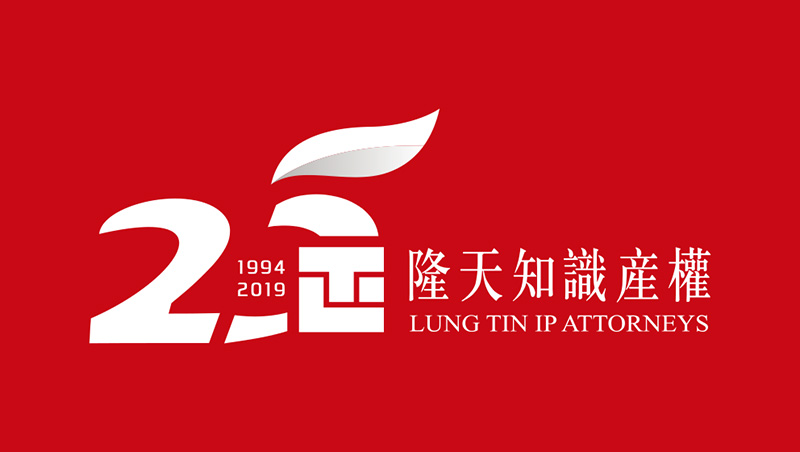Lung Tin is invited to join Lawyers Associated Worldwide, an organization committed to studying the ownership of robots' invention. Lung Tin, luckily to be the only one intellectual property agent in China to represent the "DABUS," an AI system as the inventor, filed patents in China.

Who is DABUS?
Let' s us find more stories about it.
DABUS is a new type of AI system developed by American artificial intelligence expert Dr. Stephen L. Thaler. It has an artificial, non-biological, neural network that can autonomously combine simple concepts into more complex concepts, which trigger a series of memories, and achieve issuing the anticipated results of these ideas in the end. In other words, DABUS has independent thinking and creative abilities similar to the human brain. Through its internal storage of large amounts of data and an intelligent computing system identical to the human mind, DABUS can independently form new inventions and creations and develop new ideas that humans can never expect.

Wow! The DABUS does have real skills!
Dr. Thaler has applied for many invention patents invented independently by DABUS in many countries and regions. Since DABUS is the one who has made creative contributions to the substantive specificity of these inventions, Dr. Taylor tries to register DABUS as an invention in the patent applications (including related PCT international applications) in various countries and regions. While Dr. Taylor himself acts as a patent applicant, hoping that the innovations and creations made by DABUS can pass the examination of the patent system and ultimately obtain protection.

Here comes the issue!
The act to register DABUS as an inventor seems to have met with widespread opposition and thus faces a huge obstacle. The European Patent Office (EPO), the United States Patent and Trademark Office (USPTO), the United Kingdom Intellectual Property Office (UKIPO), the German Patent and Trademark Office (GPTO), the Taiwan Intellectual Property Office (TIPO), etc. all refused on the grounds that DABUS is not a natural person registered as an inventor. Although these cases are still being appealed or drafted, and no conclusion has been reached, the AI system's rapid development is only a matter of the past ten years. The obstacle to registering the AI system as an inventor is forthcoming and even more predictable under the traditional intellectual property judicial system. Currently, only the International Intellectual Property Organization (WIPO) registers DABUS as an inventor in related PCT international applications.
In fact, DABUS filed also in Japan, South Korea, Israel, Australia, India, Canada, and other countries, and DABUS also came to China. Currently, Japan Patent Office (JPO), Korean Intellectual Property Office (KIPO), Israel Patent Office (IPO), Australian Patent Office (APO), Indian Patent, Design, Trademark and Geographical Indication Administration (CGPDTM), and Canadian Intellectual Property Office (CIPO) has not yet examined the eligibility of DABUS's inventor status.


